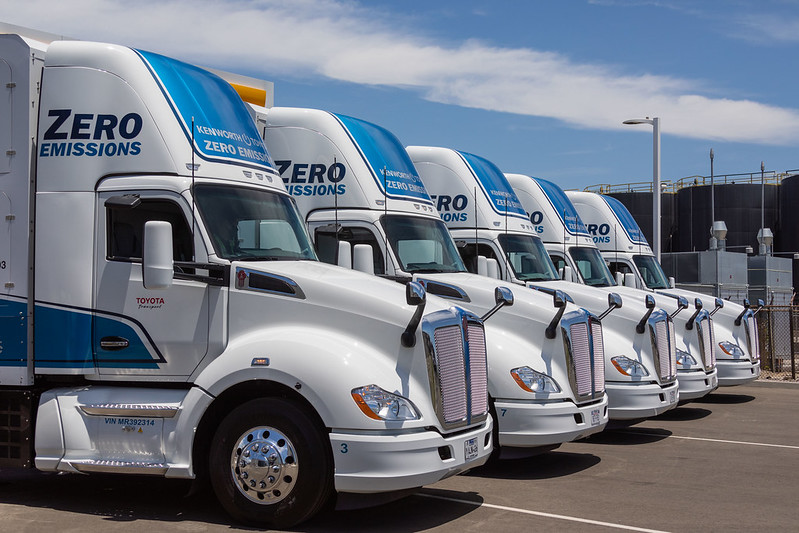Will We See Hydrogen-Powered Fire Engines In The UK?

Conclusion of research completed by ULEMCo, has found that requirements for flexibility, emergency response and water pumping can all be met by batteries, hydrogen fuel cells and a minimum of 8kg of onboard hydrogen fuel storage. Hydrogen Industry Leaders look at the study and what this means for the future of fire engines in the UK.
Partnering with Oxfordshire County Council and its Fire and Rescue Service in this study, ULEMCo’s findings are important both for the deployment of fully functional fire engines across the UK, but also for other specialist vehicles that require significant power take-off in their operation.
A second conclusion from the work is that this onboard energy strategy that is incorporating hydrogen fuel, could be met within the existing vehicle design, with no compromise to the equipment installation. Therefore, this would speed up the potential deployment of zero-emission vehicles in these types of applications.
Oxfordshire County Council’s Cabinet Member for Climate Change and Environment, Councillor Pete Sudbury, said: “This clever combination of battery power with hydrogen fuel cell range extender is excellent news for those of us who are optimistic that hydrogen could play an important role in the decarbonisation process.
Moving heavy duty vehicles like fire engines away from fossil fuels is a difficult challenge, so this is an important step in exploring and advancing zero carbon solutions.
Oxfordshire Will Benefit From Hydrogen Refuelling Facility
As part of the project, the existing fire station locations in Oxfordshire were assessed. Options proposed for hydrogen refuelling locations would not only allow the engines to refuel cost-effectively but will provide facility for the rest of the Oxfordshire public sector fleet.
Finding locations where consolidated demand would be over 200kg a day so that hydrogen infrastructure investors would be able to supply hydrogen at a price/kg like the existing fuels and ownership cost models was essential.
Oxfordshire County Council’s Director of Community Safety and Chief Fire Officer, Rob MacDougall, said: “This research is really exciting. We are committed to reducing our emissions in line with the county’s ambitions and this provides a potential route to achieving this ahead of expectations, as well as forging a way for the whole sector.”
Oxfordshire Council now is evaluating the logistics of establishing a hydrogen refuelling infrastructure with Oxfordshire Fire Service, which manages a countywide service that covers both the city and the wider areas of Oxfordshire.
Managing Director at ULEMCo, Amanda Lyne, said: “The next steps with the project are to secure funding to build a prototype fire tender. We shall demonstrate the flexibility and technical capability of the hydrogen fuel cell range extension approach. “
The conclusion of the research shows that there is potential to see UK hydrogen-powered fire engines in the future and this will help set the pathway to making transport more sustainable.

